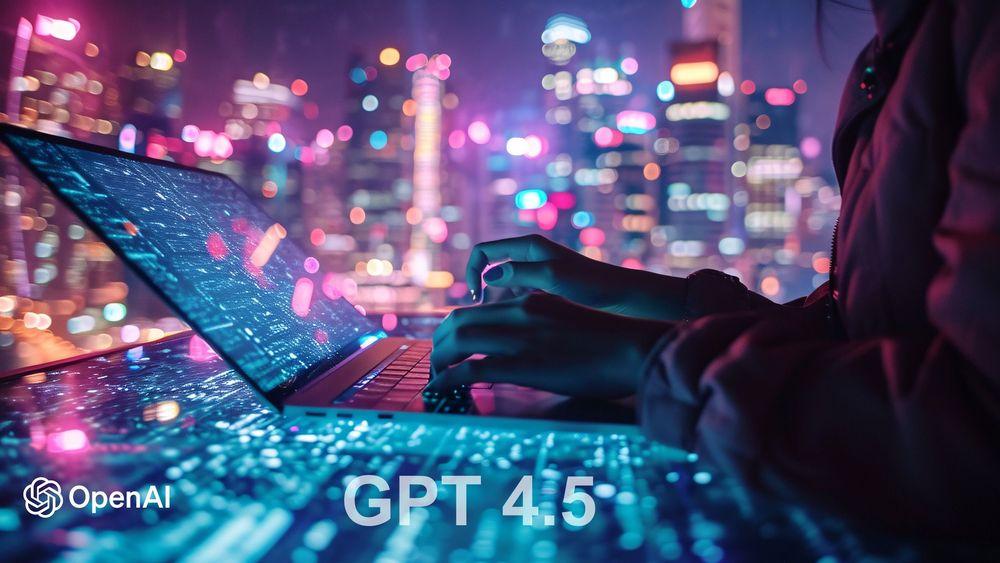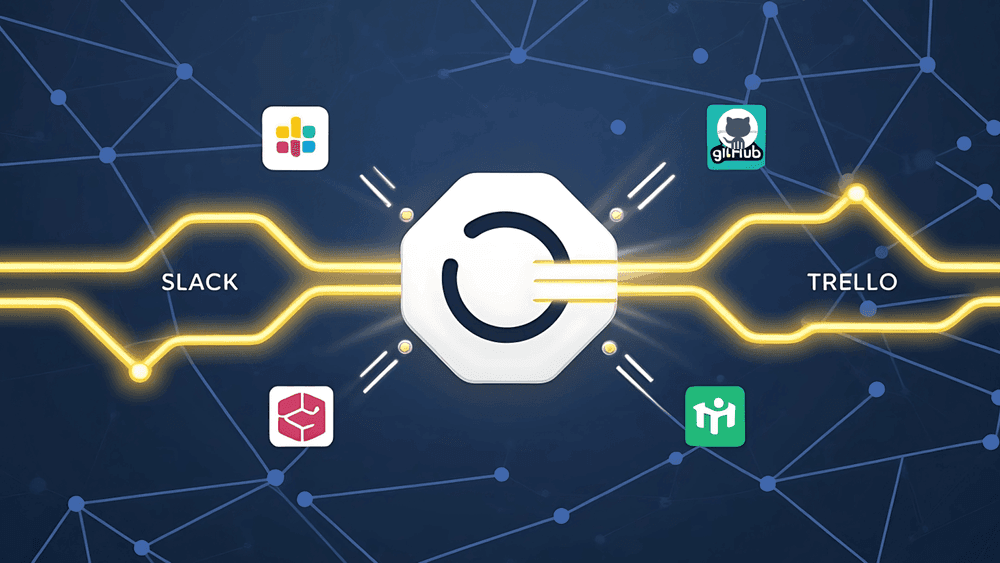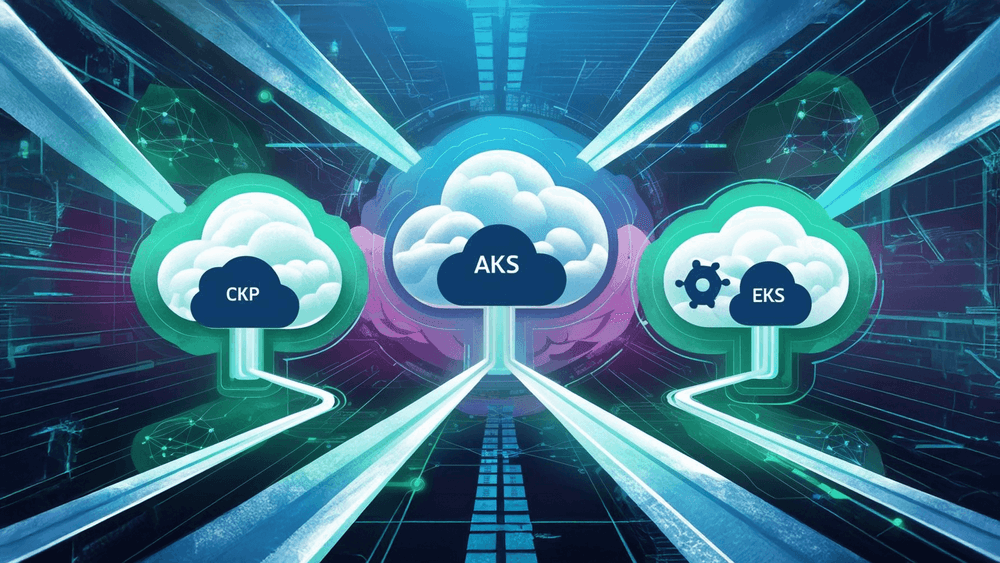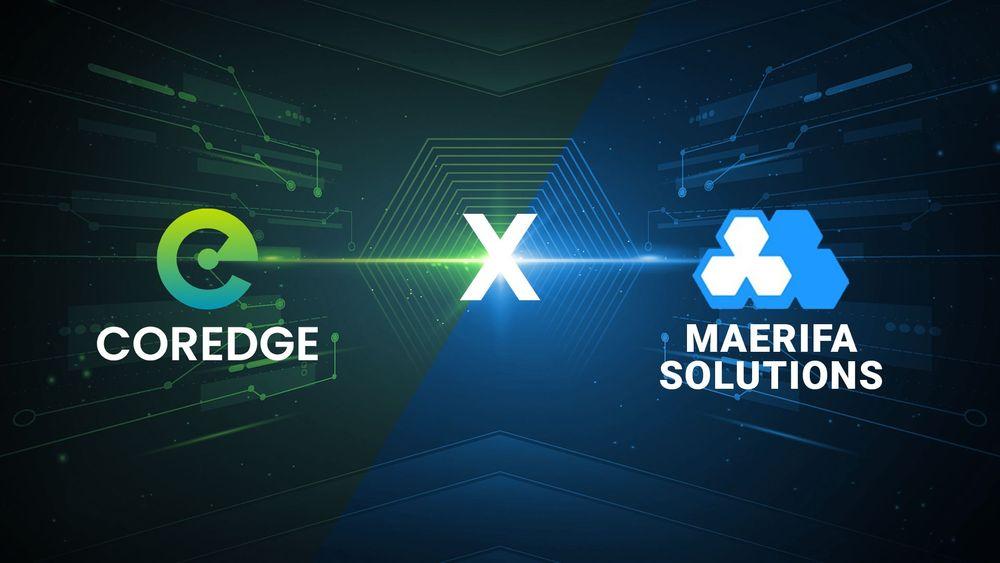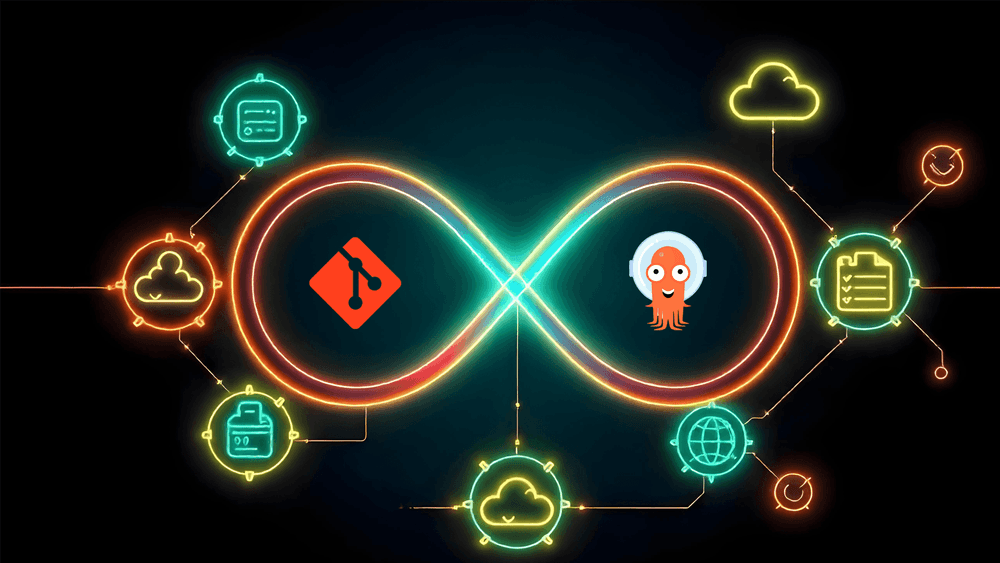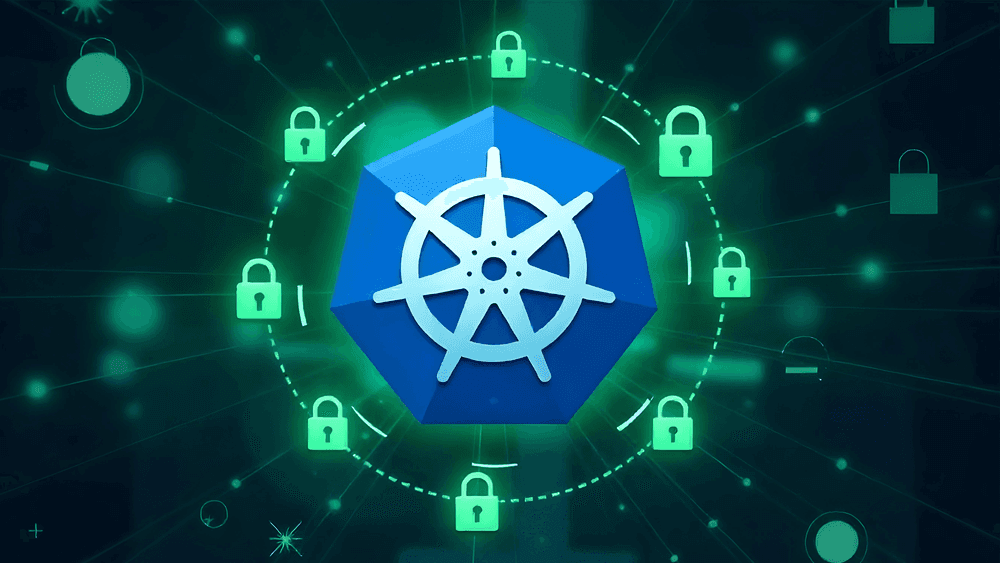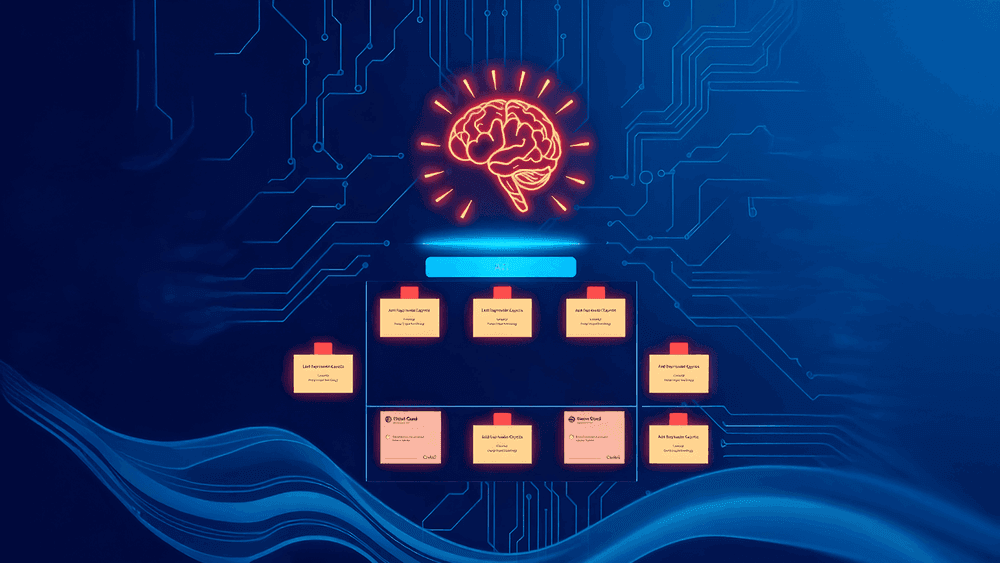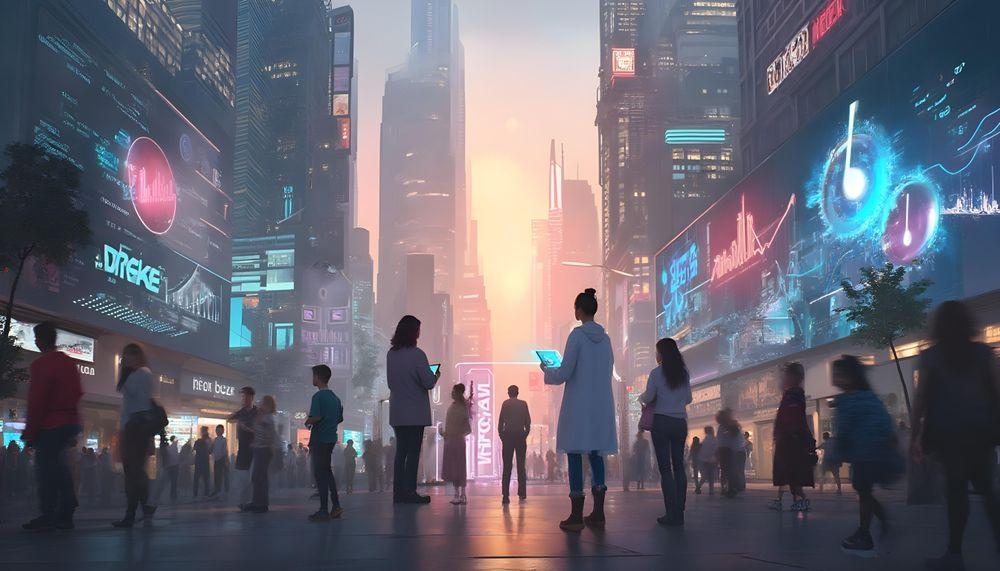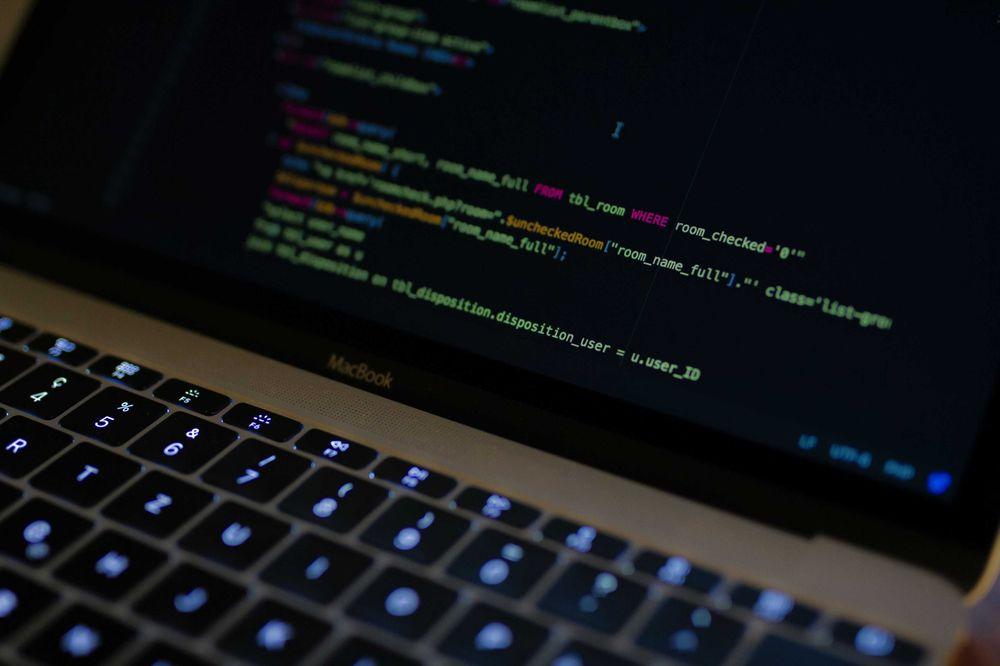Hey there, tech trailblazers!
I’m tremendously excited to dive into a topic that’s hotter than a freshly brewed cup of barista coffee in 2025 as the global landscape of the AI revolution and the implementation across the various spheres speaks its volumes: We need to explore how International Cooperation & Multi-Stakeholder Engagement in Shaping AI Leadership is pivotal in the present scenario. Let’s imagine that if AI were a global music festival, every nation, researcher, business, and policy nerd would have been vying for front-row seats- and possibly even a mic on stage. But here’s the kicker: the rule of the concert still needs to be figured out, who makes the headline, and which type of music (or in this case, ethics and invention) we want the world to listen to. With artificial intelligence galloping into every facet of our lives—ever-growing more innovative apps, self-driving cars, and even AI-driven coffee makers—it’s time to team up globally and navigate this tech train maturely. Welcome to the sparkling, messy and indispensable world of international cooperation and multi-stakeholder engagement in AI leadership. A single country or a company can’t shape the future of AI alone.
So, grab a snack of your choice and let’s explore this global AI adventure with a fun twist!
Why International Cooperation Is the Name of the Game
Picture this: AI is like a superhero gang, but without a global toolkit, chaos could have ensued if every country ended up with its rulebook. The glue to hold this together and avoid any sort of chaos is international cooperation. As of now, countries are bustling with AI strategies, from India’s bold India AI Mission to the EU’s shiny new AI Act. But here’s the kicker: Tackling AI’s wild potential (and risks) alone is not possible for a single country. Collaboration is key, irrespective of ensuring ethical AI or boosting economic growth.
Consider the Global Partnership on Artificial Intelligence (GPAI), which consists of 44 countries (plus growing!) where ideas are exchanged among tech wizards, governments, and researchers, or the UN’s new Office (ODET) for Digital and Emerging Technologies launched in January 2025, pushing for global norms. These collaborative efforts remind us that AI leadership isn’t a solo act—it’s a worldwide jam session!
Who’s Doing It Right?
Let’s give a little shoutout to some of the great contributors on the AI block
Europe has gone full throttle with its AI Act in creating rules for high-risk AI—some appreciate it, some fear it, but it’s absolutely stirring up the conversation.
Canada & France— Both are GPAI’s early promoters and have put collaboration at the heart of their national AI strategies.
Singapore— With practical frameworks and regulatory sandboxes, Singapore is assertive for explainable AI.
India—A formal governance is still taking its shape; however, through its sovereign AI ambitions and public-private partnerships, India is championing inclusive growth and digital ethics.
Multi-Stakeholder Engagement
Okay, now let’s talk about multi-stakeholder engagement, which is more than just a buzzword and the secret spice to getting AI leadership, right? Why? It’s fantastic to receive entirely different perspectives from the people building AI (engineers), using AI (users), impacted by AI (society), and regulating AI (governments).
Now, let’s add some flair/glamour with multi-stakeholder engagement- imagine it as calling all the stakeholders to the dance floor! Governments, businesses, academia, and even the public are coming together to shape AI’s future. Why? Everyone is getting impacted by AI—your grandma’s healthcare app, your kid’s edtech homework, or your company’s cloud solutions (hello,
!).
The World Economic Forum’s AI Governance Alliance is an immaculate example, bringing together over 200 voices from industry to civil society. Meanwhile, nearly 500 stakeholders were convened to discuss AI's impact on defense at the UNIDIR Global Conference on AI, Security, and Ethics 2025. On governing AI in security and defense contexts, this event served as a crucial platform for international dialogue and policymaking. This mix of different perspectives ensures that AI isn’t just a tech bro’s playground but a tool for all, engaging in everything from climate change to equality in algorithms.

The Cool Side: AI as a Global Superhero Team-Up
Visualize AI leadership like the assembling of the Avengers—except instead of combating Thanos, we intend to fight against bias, privacy woes, and tech divides! Countries like Singapore, with their National AI Strategy 2.0, are forerunners, roping in over 100 specialists to build a trustworthy AI ecosystem. While Korea’s holding citizen AI seminars, India’s observing a spot as the global AI watchdog —yes, your opinion counts! It’s like a superhero conference where everyone gets a robe.
And the fun doesn’t stop there. Imagine a “Global AI Olympics”, where AI-powered robots are debating ethics and nations display their best innovations.
Challenges: The Villains in Our Story
Of course, it’s not all rainbows and robots —every superhero tale has villains! Coordinating across borders can be a little daunting task due to conflicting priorities- wealthy nations often lead from the front and take charge, leaving the Global South scrambling to catch up. This gap was flagged during the 2022 AI Government Readiness Index, with 70% of national AI strategies coming from affluent countries. Plus, there were frequent AI changes as Llama 4 made a grand entry on the 5th of April, so catching a speeding llama can lag the rules.
Then, the reliability factor also hinges because smaller players are worried that big players might dominate by sidelining smaller voices. But here’s where multi-stakeholder magic shines—open dialogues, like those at the European AI Alliance’s assemblies, ensure diverse inputs. It’s all about keeping the party inclusive!
Coredge.io ’s Take: Leading with Collaboration
We at
are all about cloud and Kubernetes solutions that scale with innovation. International cooperation and multi-stakeholder engagement associate seamlessly with our mission. Imagine integrating AI governance insights into our multi-cloud orchestration—safer, smarter systems for telecom, finance, and more!
We’re excited to see how global efforts can enhance our offerings, ensuring that clients thrive in this AI-driven world.
The Future: A Bright, Collaborative Horizon
As we roll into 2025, the future of AI leadership looks optimistic and ignites more ideas with events like Llama (April 29) and the AI Action Summit (February). The focus? Building AI that’s reliable, comprehensive, and ready for action—whether it’s resolving global disputes or fueling your next big project. We’re shaping a future where AI elevates everyone up, with stakeholders worldwide pitching in.
So, what’s the takeaway?
Final Thoughts
The biggest transformation of our time is AI, and the secret sauce to AI leadership is international cooperation and multi-stakeholder engagement. Defining its leadership isn’t a job for one country, segment, or company. It’s a global call to form a team sport—and the sooner we all join the game, the better. So, let’s not build AI behind closed doors. Let’s construct it like we’re planning a global block party—everyone brings a dish and shares ideas, where every voice matters, and at Coredge.io , we’re ready to tap! Because in the world of AI, cooperation isn’t just nice—it’s necessary.
Do you have thoughts on how this shapes your business? Drop a comment or check out
for more tech goodness. Let’s shape the future of AI together!














